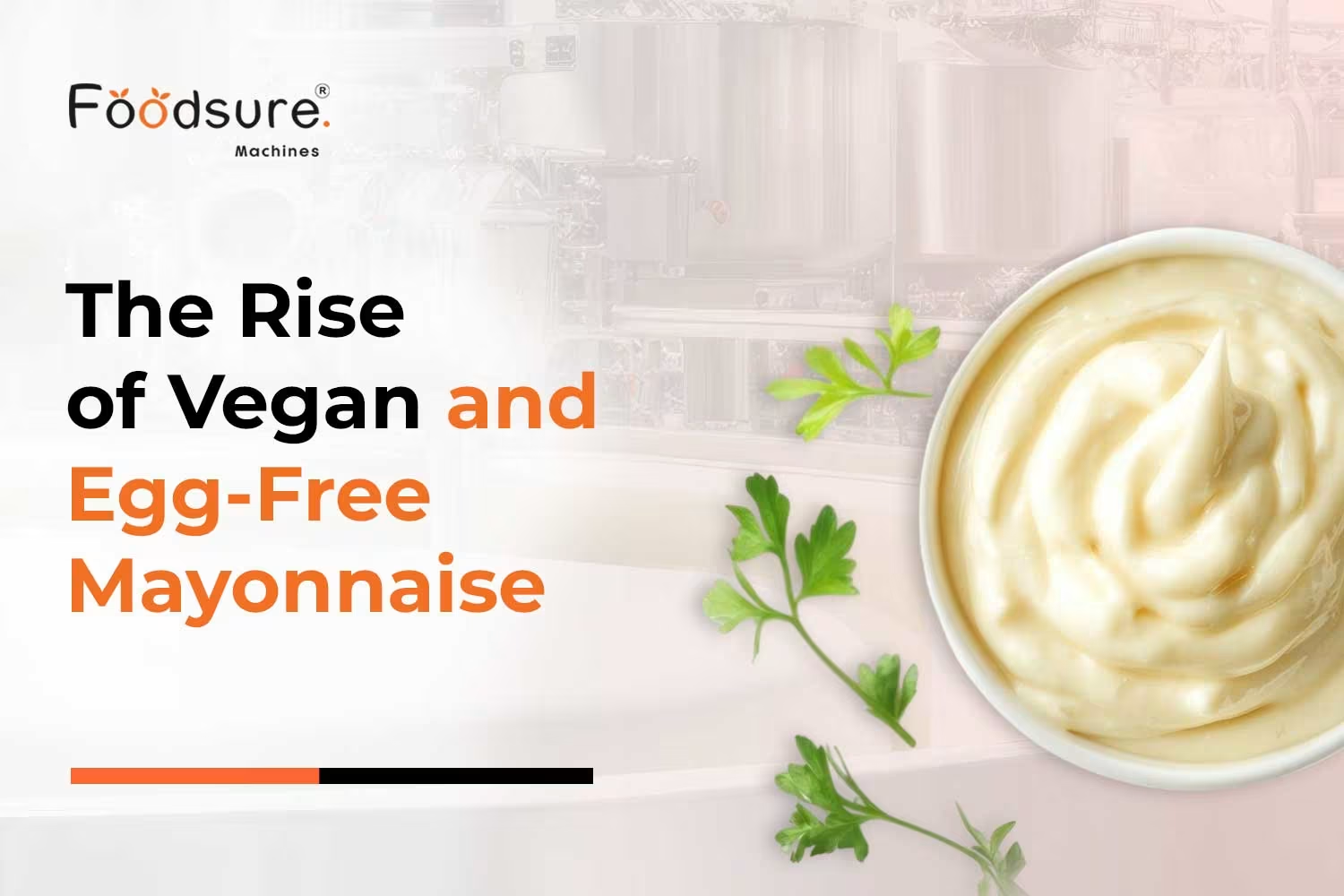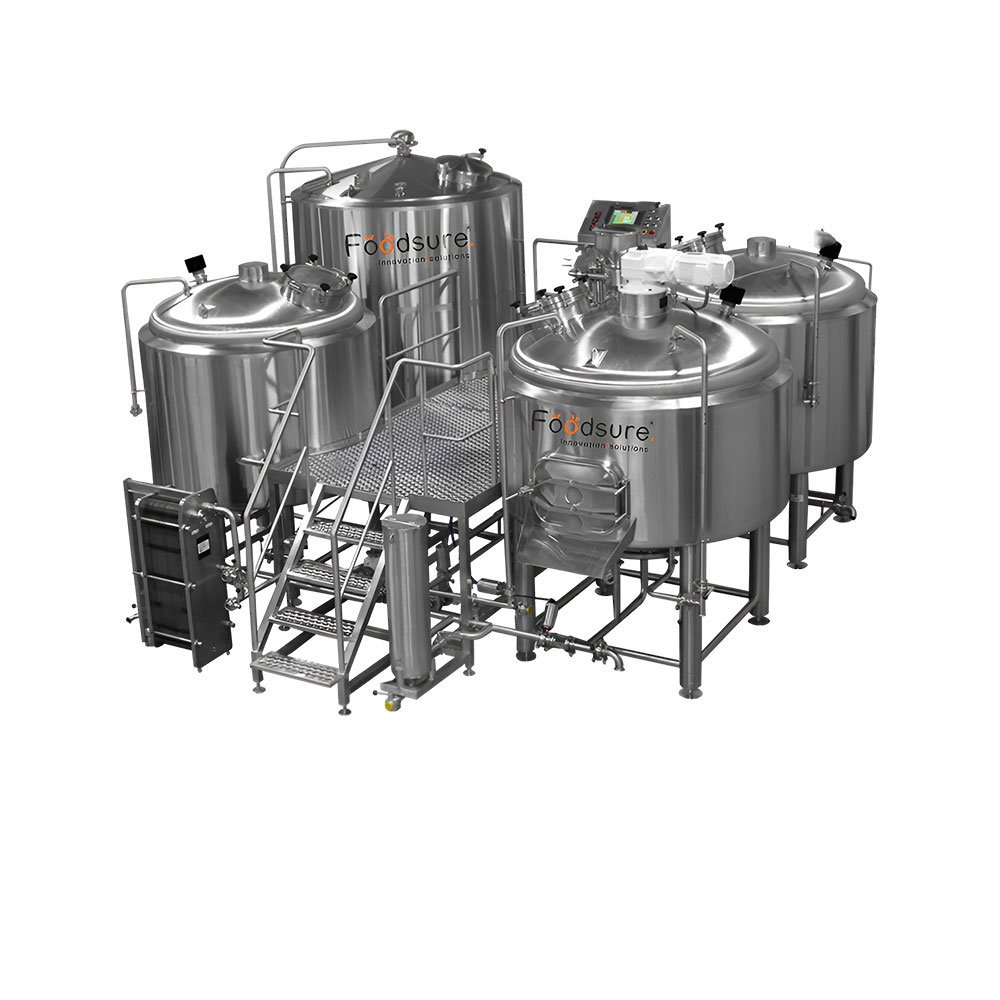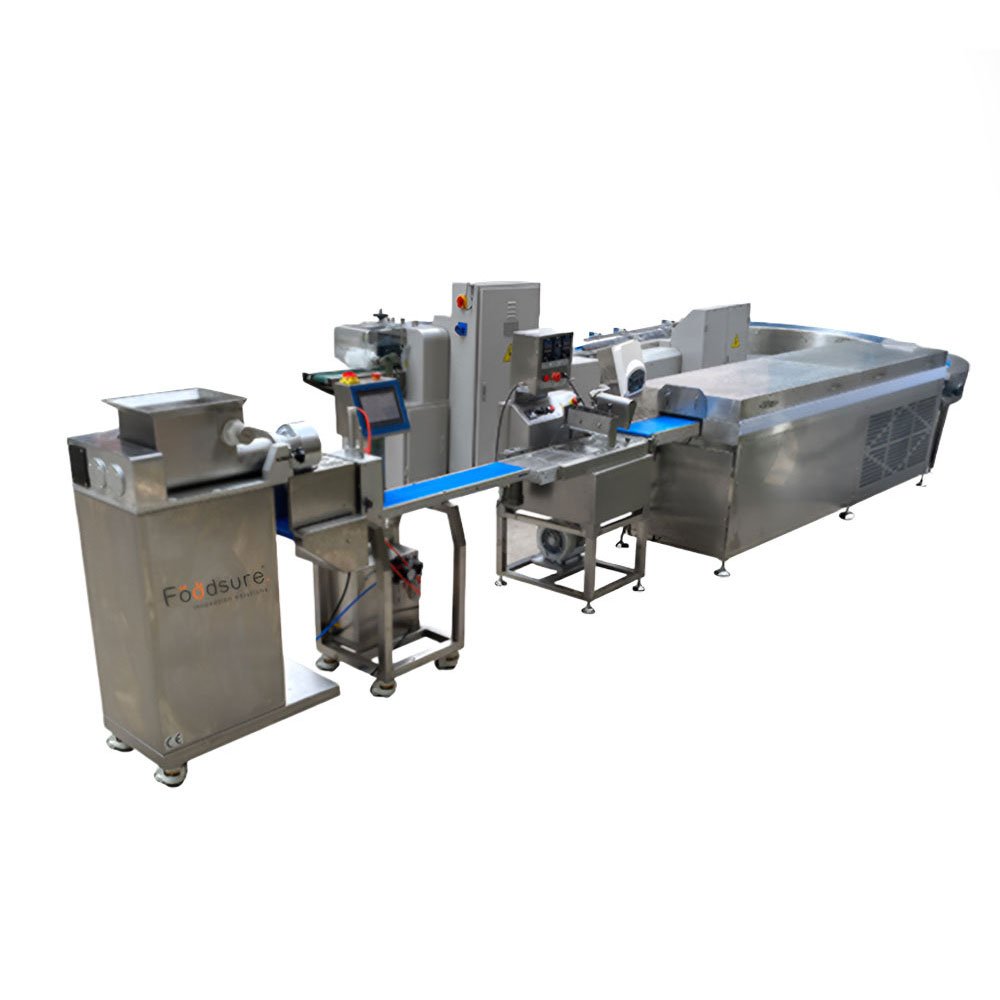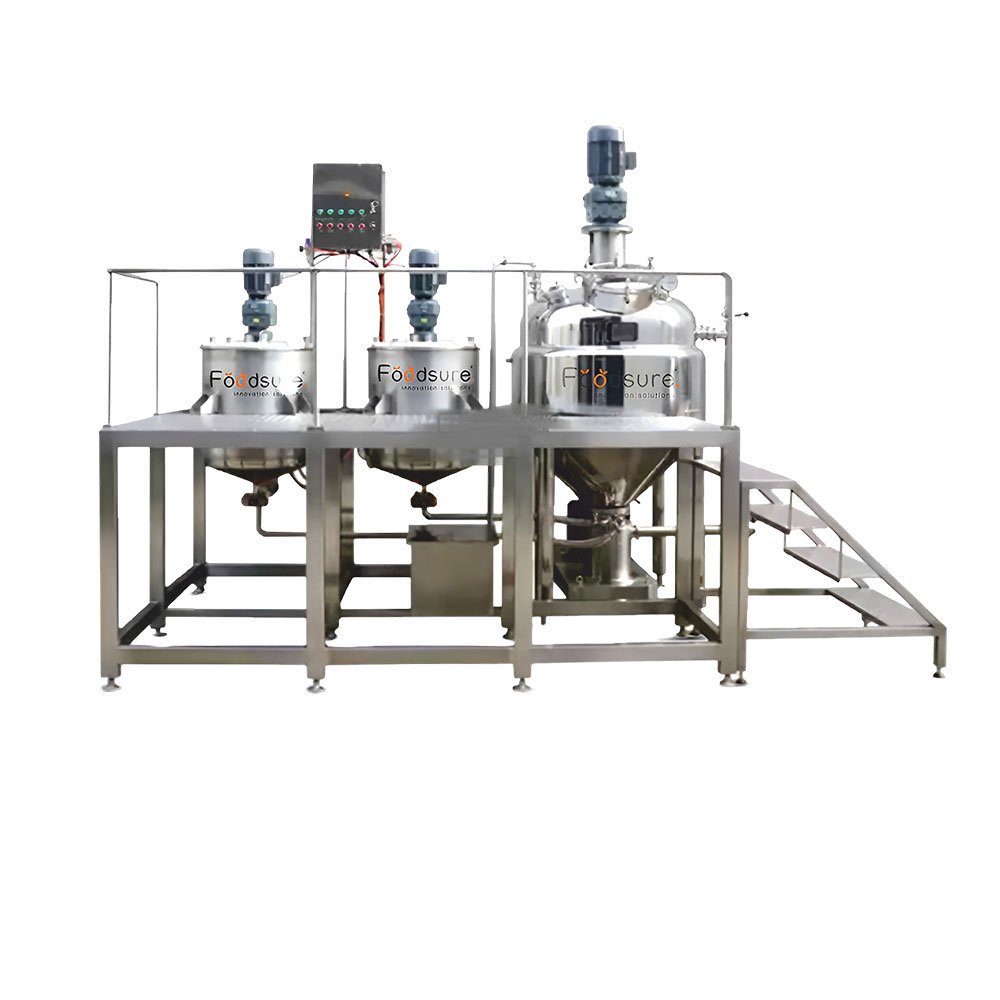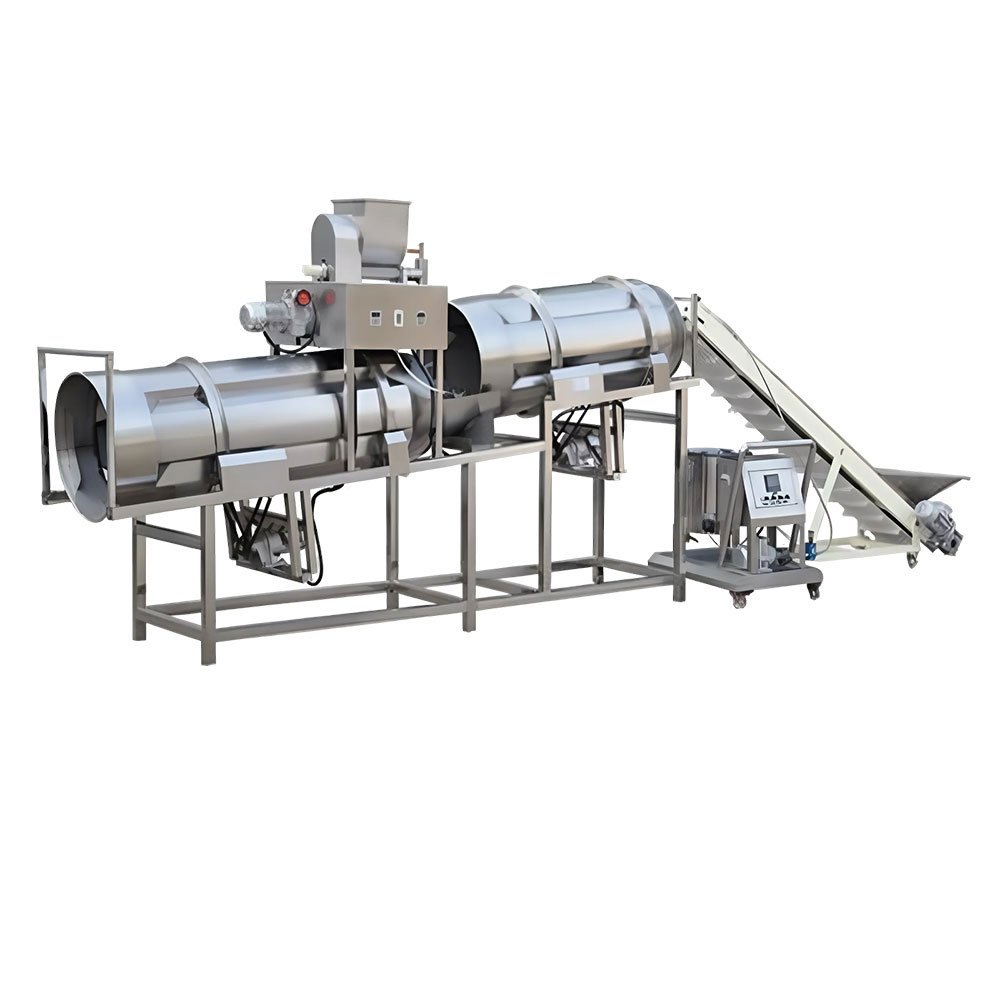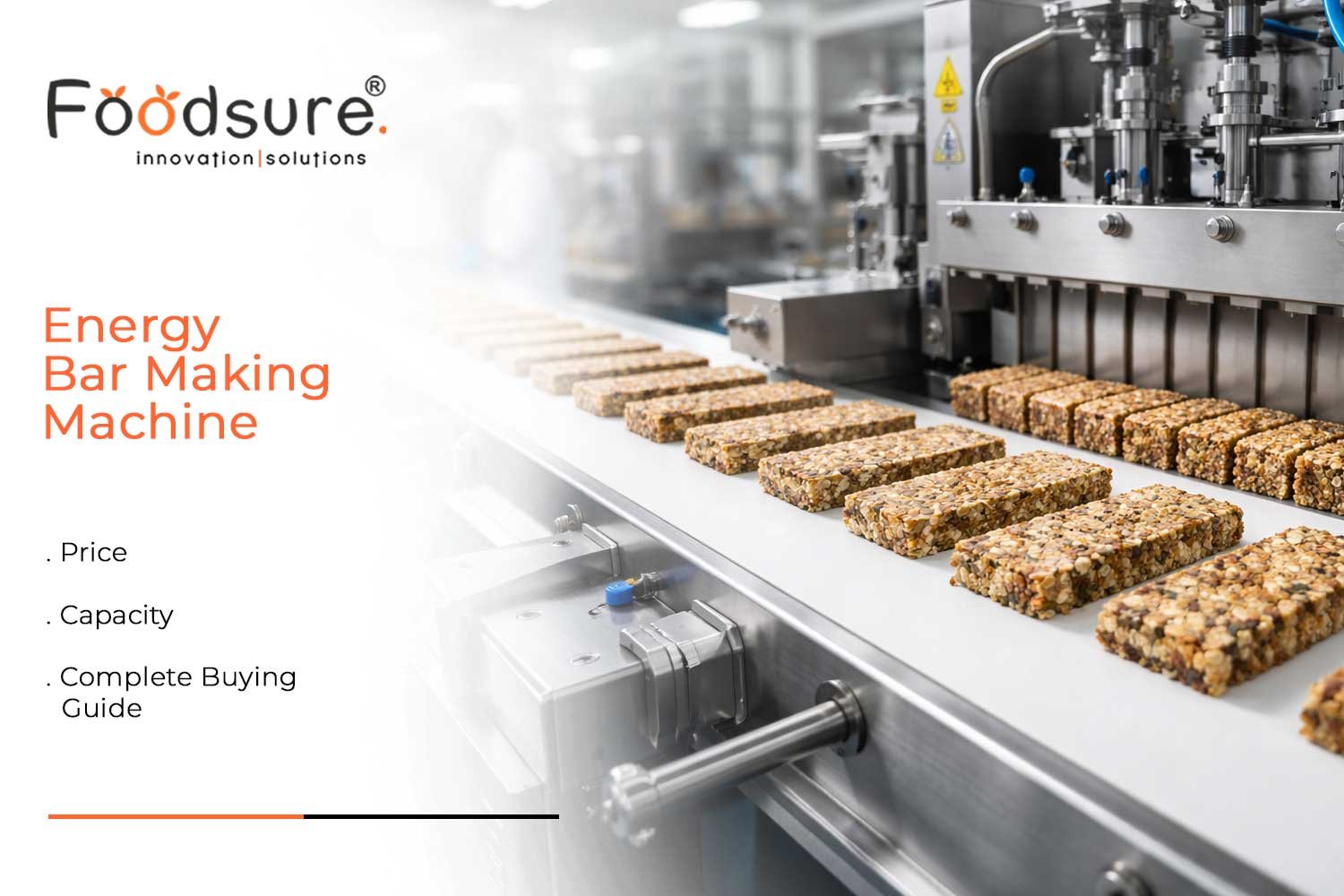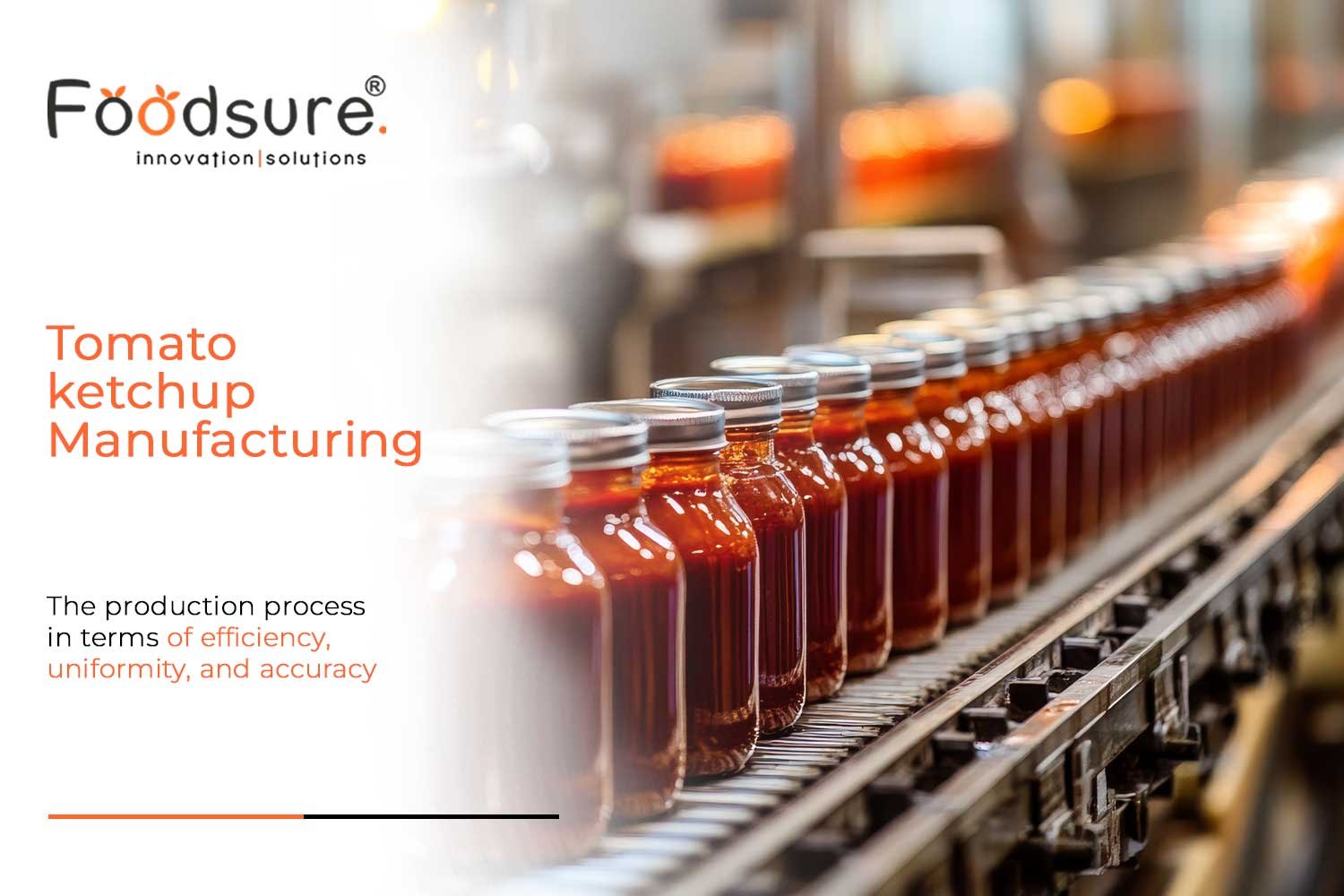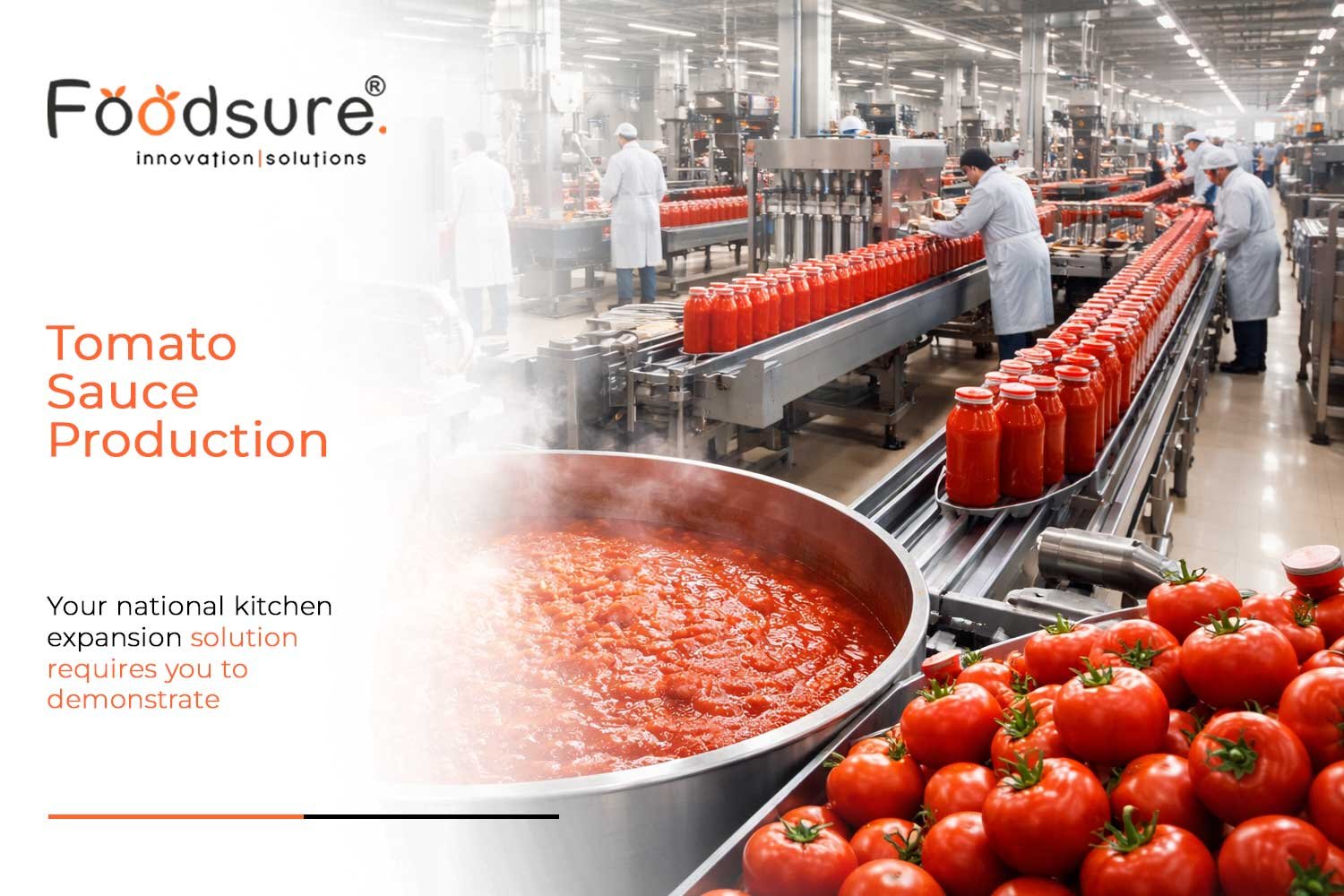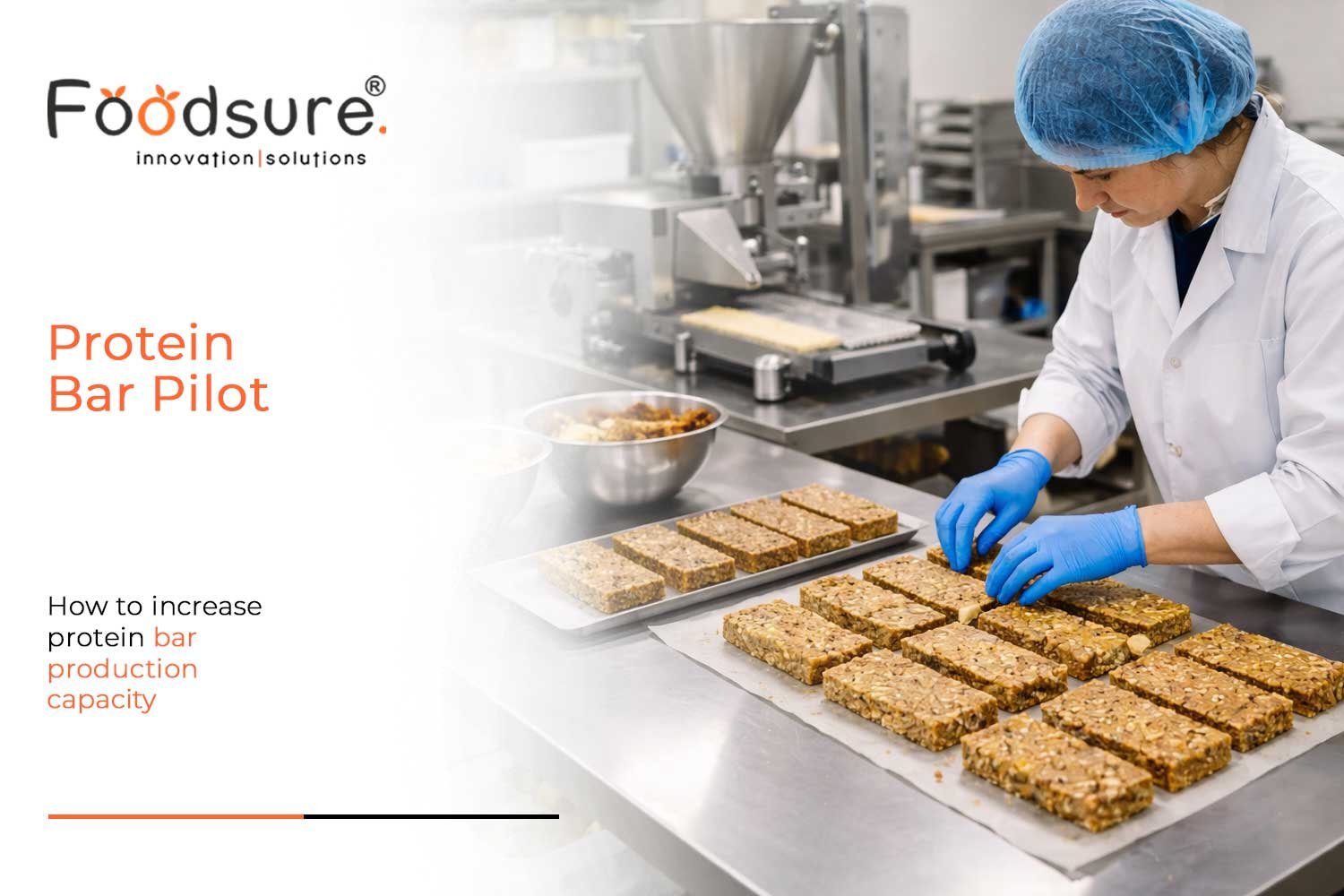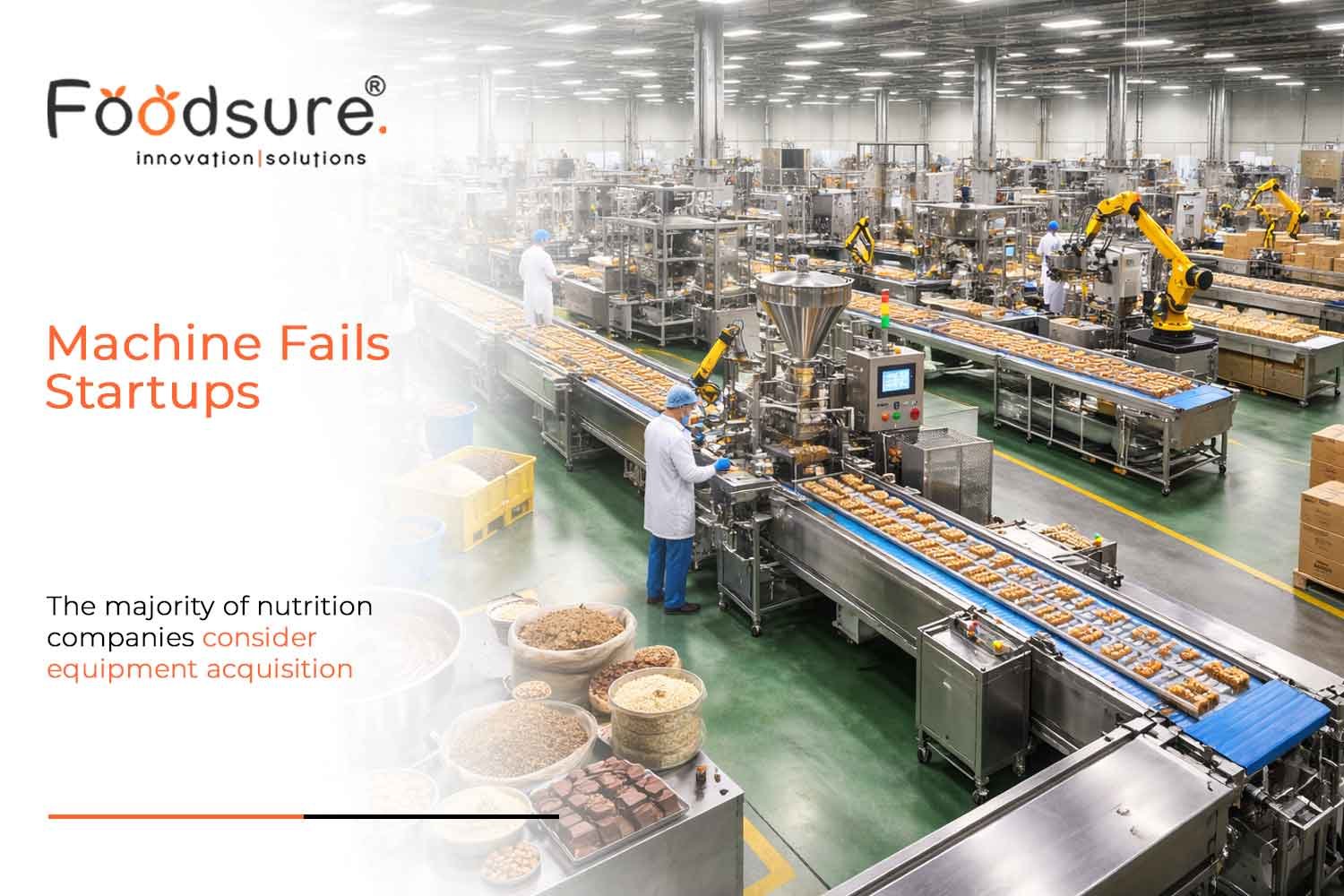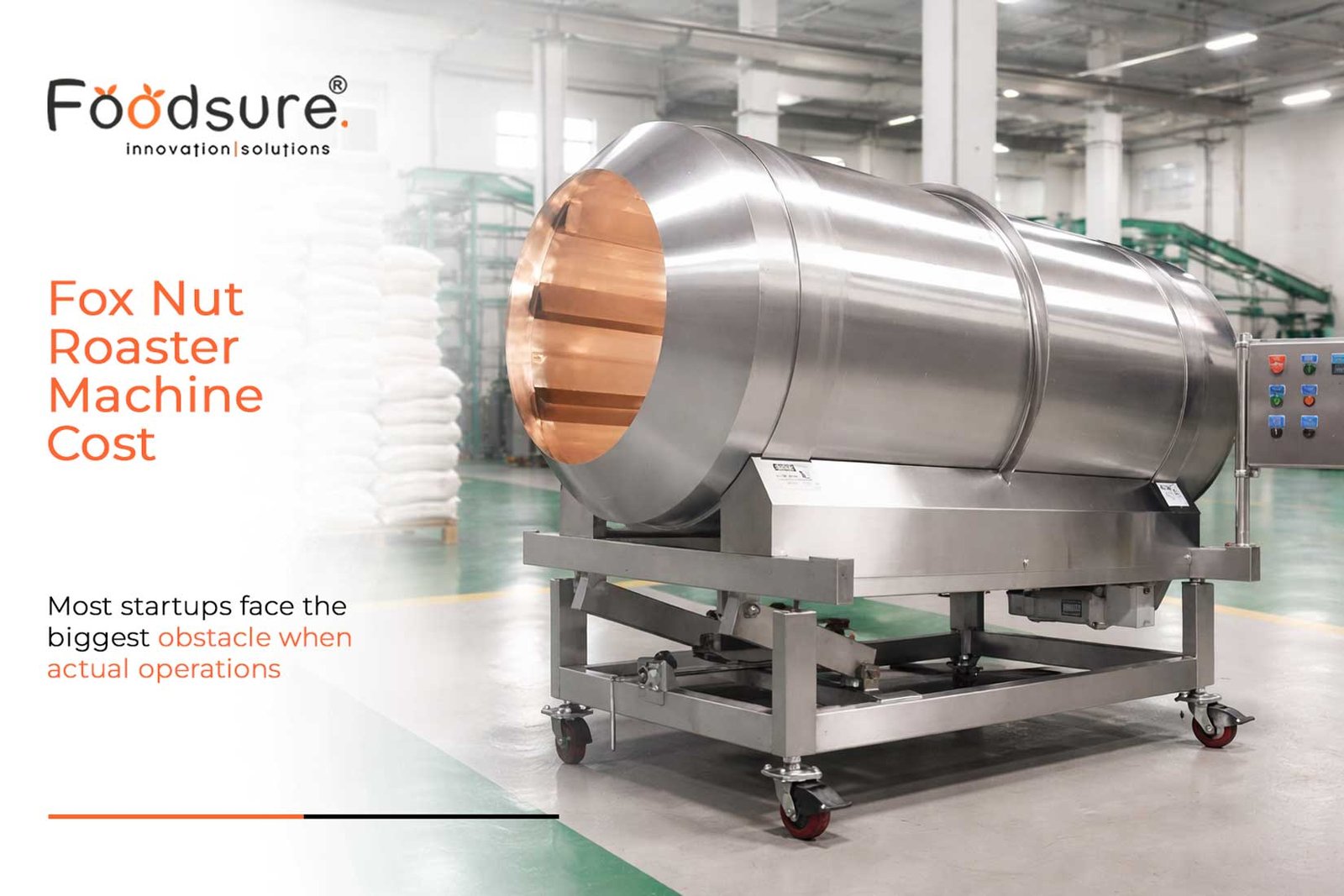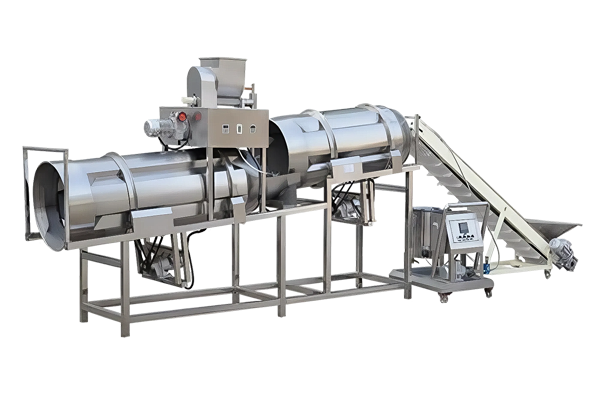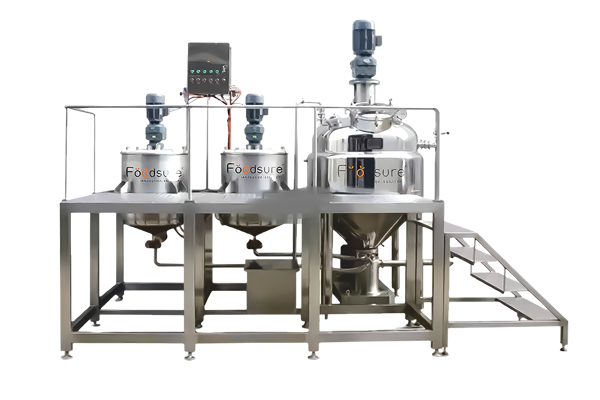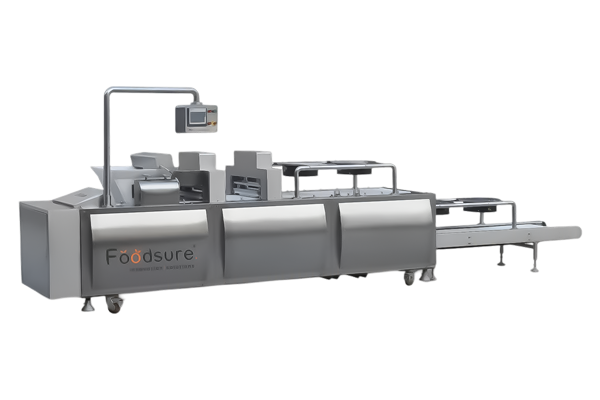If you were to visit a grocery store today, you would find something new. You would see jars labelled “vegan”, “egg-free”, or “plant-based” next to jars of traditional mayonnaise. This is not a temporary phenomenon; there is increased demand from consumers. This market segment includes health-conscious people, vegans, and people who are allergic to eggs. There are also flexitarians, a new consumer market segment, who would purchase a plant-based version. This category is also expected to see growth in the double digits over the next five years.
Why Egg-Free Mayonnaise Isn’t as Simple as It Looks
Shifting from egg emulsions to plant-based derivatives requires food manufacturers to understand more than just a simple exchange. Any small manufacturer should understand these three key considerations:
Formulation and texture.
- Egg yolks have the advantage of being able to emulsify oil and water due to their functional and structural properties. When the emulsification properties of egg yolk are not used, food manufacturers typically replace them with one of three options: plant proteins (dairy or non-dairy), aquafaba (the cooking water from chickpeas), and modified starches.
- The biggest challenge is within formulation, as it involves not only developing a cream-like texture without separation.
Shelf Life and Consumer Safety
- egg free mayonnaise market emulsions have more opportunities for spoilage to occur due to microbial, bacterial, and yeast activity if formulated poorly or without sufficient funds to meet the consumers’ safety requirements and potential shelf life.
- A food safety shelf-stable option should note how acid levels (pH), preservatives, and packaging conditions differ from traditional egg emulsion-labelled options, meaning many options that may seem limited are noted where shelf-stable compliance is satisfied.
Labelling and Compliance
- In India, the labelling guidelines include allergen information and ingredient breakout based on the FSSAI guidelines. In markets regulated by the FDA/EU, labelling will also apply, as well as some of the new wave consumer purchase drivers, like vegan certification.
The Simple Roadmap to Producing Vegan & Egg-Free Mayonnaise
This guideline is appropriate for a small pilot batch and for an extensive scale of production.
1. Choose Your Base Ingredient
Your options can be soy protein, pea protein, aquafaba, or an overall function of a starch blend. Each option will have different costs, availability, and flavour characteristics.
- Soy protein: Good cost, but it is an allergen.
- Pea protein: Clean label, neutral flavour, higher costs.
- Aquafaba: A trendy ingredient of choice for creating an eggless mayonnaise that does extremely well, but there is always a supply consistency to monitor.
2. Pilot Formulation & Shelf Testing
For a lab-scale pilot batch, you want to confirm emulsion stability, pH, and flavour. You’re safe if the minimum is evaluating shelf life for storing in refrigerators for a 30-day life, a small test before larger-scale verification.
3. Specify the Right equipment.
For eggless mayonnaise, you will need high shear for emulsifying equipment and mixing such that you will achieve close control. While traditional mayonnaise (in all windows) equipment can be utilised for plant-based, some equipment changes may be required to provide proper viscosity.
4. Packaging & Shelf Life
Squeeze bottles or jars? The packaging you select will also help shape consumers’ beliefs in the product and shelf stability or shelf life. Lastly, since you’re choosing a plant-based protein, you may need UV packaging or products.
5. Pricing and Cost Structure
Egg-free mayonnaise may be priced 15-30% higher than Australian mayonnaise. You can justify that premium price in the premium route to market (this may include exporting and health-and-supplement-oriented stores).
6. Go-to-market versions
- Potential private-label agreements with grocery chain group universes.
- Exporting to ‘vegan’ demand (EU, USA).
- Jars for consumers in urban ‘health’ or ‘wellness’ grocery environments.
7. Quality & Compliance Checklist
Benchmarking scope for your first product, and before presenting to market for your first batch, from a quality and compliance perspective, please check if you have:
- Shelf life validation
- Allergen labelling
- HACCP/FSSAI licensed
- Optional: vegan certification
Read More: Mayonnaise Types Guide: From Classic to Eggless & Flavoured for Manufacturers
Choosing the Right Mayonnaise Machine for Egg-Free Production
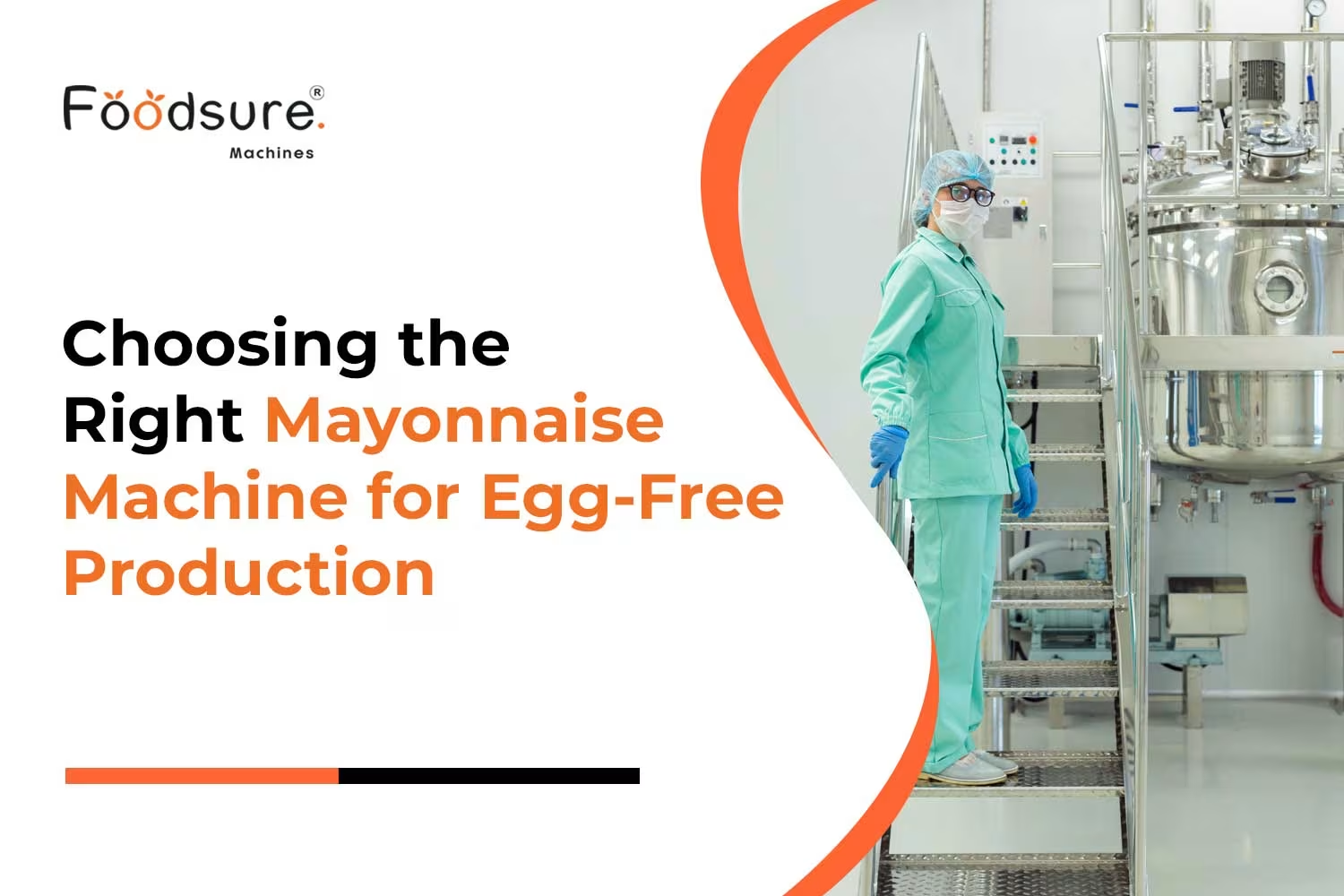
While great formulations and a clean label are an excellent jump-off point, once you scale a line of egg-free mayonnaise, the machine you select becomes extremely important. Substandard machinery will lead to low texture, unpredictable batches, and wasted production time and money.
Essential Features to Look for in a Mayonnaise Machine
- High shear mixing: Develop emulsions with the same textural expectations as recipes that include eggs.
- Batch size capabilities: Pilot-size units (5-10 litres) for pilots and commercial size (500+ litres) for full production.
- Food Grade Hygienic Design: Food safe with construction in compliant stainless steel and hygienic design.
- Automation features: PLC or touch control for a consistent, predictable product.
- Energy Efficient: You will have a lower cost to produce per unit of product since you will run higher volumes of production with less hands-on human handling.
Pilot vs Commercial-Scale Machines
- Pilot-scale machines: 5-50 litres are very useful in developing recipes and working through the R&D process and labelling, etc.
- Commercial-scale machines: 100-500 litres or larger are perfect for production, consistent results, ROI, and quality.
- Working with reputable suppliers: They work with your brand and reputable suppliers of mayonnaise machine technology, small machines, and bulk machines.
Read More: How to Start a Mayonnaise Manufacturing Business
Turning Test Batches into Profitable Production
Let’s say you start production with a pilot batch of 100 litres per day. For the raw material, the vegan mayonnaise manufacturing plant cost to you is ₹80/lt on completion of your product. You sell it ultimately in a finished jar for a ₹140/lt margin. After all packaging and overheads are considered, you will have a gross margin of around 30%.
You now have an emulsifier production scale, which will then be able to generate a business revenue of ₹30-35 lakhs per month and earn a very good profit whilst producing quality and consistency.
Read More: Mayonnaise Production Equipment That Scales Your Food Business Profitably
Is Egg-Free Mayonnaise the Right Move for Your Business?
Eggless mayonnaise is not merely a trend anymore but rather an emerging convention, especially in urban and export markets. The question for small entrepreneurs is not whether there is demand, but whether they will seize the opportunity before their competitors from abroad do.
If you can develop the right recipe, hygienic equipment, and a reasonably correct go-to-market strategy, you can work with excellent margins on this category. The hurdle entry point is more technical capacity than major capital, which makes for a reasonable bet for entrepreneurs who are looking to diversify.
Conclusion
Egg-free mayonnaise is not a passing trend but a long-term change in consumer habits. Foodsure Machines gives you the confidence to move from small-batch proving to full-scale production. You can be assured that you can produce with hygiene, performance and consistency while delivering a product fit for the market with our high-quality hygienic equipment.
FAQ
Q1. What are the ingredients in egg-replacement mayonnaise?
Ans: Made of plant proteins, aquafaba, or starches.
Q2. How long does vegan mayo last?
Ans: Vegan mayo can last anywhere from 30 to 90 days, depending on pH and the use of preservatives.
Q3. Can smaller manufacturers use already existing equipment or add to their process to make vegan mayo?
Ans: Yes, emulsifiers and mixers usually can accommodate existing equipment with slight modifications.
Q4. Can you get egg-free mayonnaise?
Ans: Yes, many brands offer completely egg-free mayonnaise.
Q5. Which mayonnaise is eggless?
Ans: Brands like Dr. Oetker Veg and Veeba Eggless Mayonnaise are egg-free.
Q6. How is egg-free mayonnaise made?
Ans: It’s made using plant-based emulsifiers like soy, aquafaba, or starch instead of eggs.
Q7. Is egg necessary in mayonnaise?
Ans: No, egg-free versions use alternatives to achieve the same creamy texture.
Q8. Does Amul Egg-Free Mayonnaise exist?
Ans: Yes, Amul offers a vegetarian mayonnaise without eggs.
Q9. What can I use instead of mayonnaise?
Ans: You can use hummus, yogurt, or egg-free mayo as substitutes.
Q10.Does Dr. Oetker Veg mayonnaise contain eggs?
Ans: No, it is completely egg-free.
Q11. Is Veeba mayonnaise eggless?
Ans: Yes, Veeba offers an eggless mayonnaise option.
Q12. Can you eat egg-free mayo with an egg allergy?
Ans: Yes, it’s safe for those allergic to eggs.

